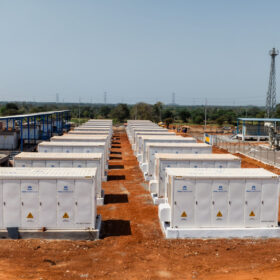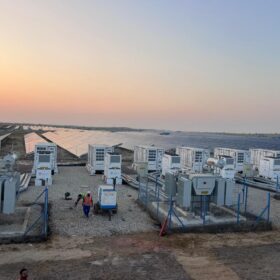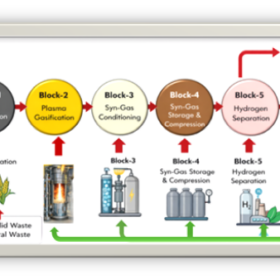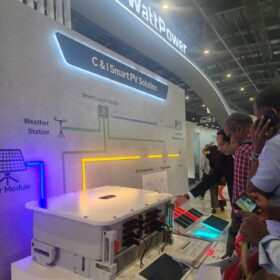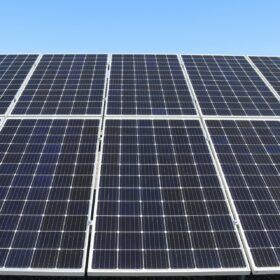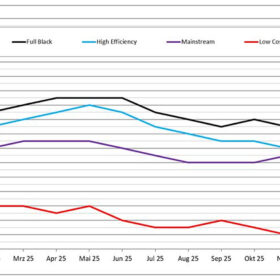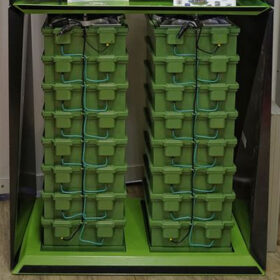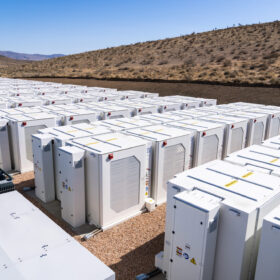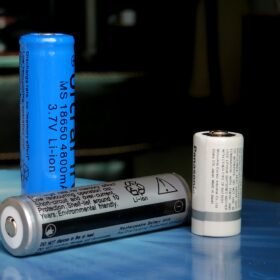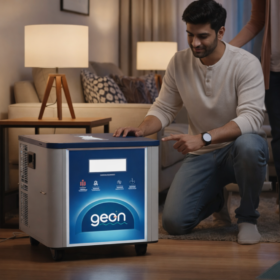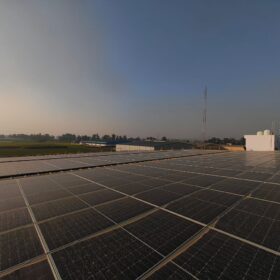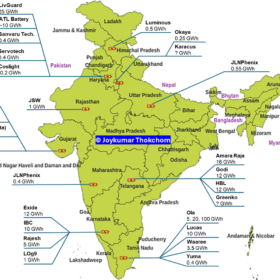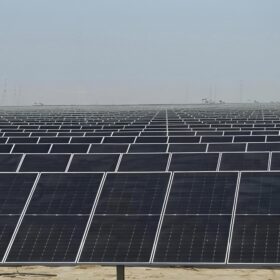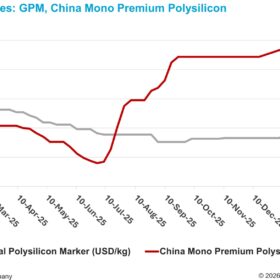India eyes 230 GWh of energy storage to meet 300 GW peak power demand
With peak power demand expected to approach 300 GW in the coming years and electricity demand growing at 6–7% annually, India would require nearly 230 GWh of energy storage capacity by 2030 to ensure grid stability, flexibility and reliability—said Bhupinder Singh Bhalla, Former Secretary, MNRE, at the Indian Power & Energy Storage Conference 2025, organised by FICCI.
Juniper Green Energy’s 100 MWh merchant BESS nears completion with 60 MWh commissioned
Juniper Green Energy has successfully commissioned 60 MWh of its 100 MWh merchant battery energy storage system (BESS) in the Bikaner district of Rajasthan. The remaining 40 MWh capacity is expected to be commissioned shortly.
The Hydrogen Stream: NTPC NETRA to set up plasma gasification-based green hydrogen plant
NTPC’s R&D wing NETRA will set up a plasma gasification-based green hydrogen plant on its campus at Greater Noida. The plant will be designed to produce one tonne of green hydrogen per day.
WattPower surpasses 18 GW of inverter sales in India
WattPower has sold more than 18 GW of utility-scale string inverters across India over the last two and a half years.
ArcelorMittal to add 1 GW of solar and hybrid renewable energy capacity in India
ArcelorMittal has announced three new renewable energy projects in India totaling 1 GW of nominal solar and wind capacity. Upon completion, the projects will double the company’s renewable energy capacity in India to 2 GW and increase its global total to 3.3 GW.
Too much to choose from, too little to decide
Market pressure in the solar and storage sectors often favors low-cost solutions, but long-term success depends on balancing price, quality, and reliability for assets designed to operate for decades. Numerous examples, from low-grade silicon modules to residential hydrogen and redox flow storage, show how technically ambitious products can fail when costs, complexity, or durability are misjudged.
Researchers find sodium-ion batteries using hard carbon anodes can intrinsically charge faster
Researchers at Tokyo University of Science showed that sodium-ion batteries with hard carbon anodes can charge faster than lithium-ion batteries by using a diluted electrode method that reveals sodium insertion is intrinsically quicker than lithium.
Odisha tenders 500 MWh standalone BESS projects
Solar Energy Corp. of India Ltd (SECI), on behalf of GRIDCO, has invited proposals for setting up six grid-connected standalone battery energy storage system (BESS) projects with a cumulative storage capacity of 500 MWh (125 MW x 4 hours) in Odisha.
Europe’s first sodium-ion cell made with fully domestic components
Welsh battery breakthrough uses UK-manufactured anode and cathode materials as well as active materials available through local supply chains. Batri plans to scale up material manufacturing and cell building capability.
GEON launches inverter with inbuilt lithium battery for homes
GEON, part of the 60-year-old Kabra Extrusion Technik Group, has launched GELITHIUM, an all-in-one power backup system that integrates a pure sinewave inverter with an inbuilt lithium-ion battery. GELITHIUM is available in 1,250 VA and 2,500 VA variants, with 12.8V/100Ah and 25.6V/100Ah lithium batteries, respectively.
